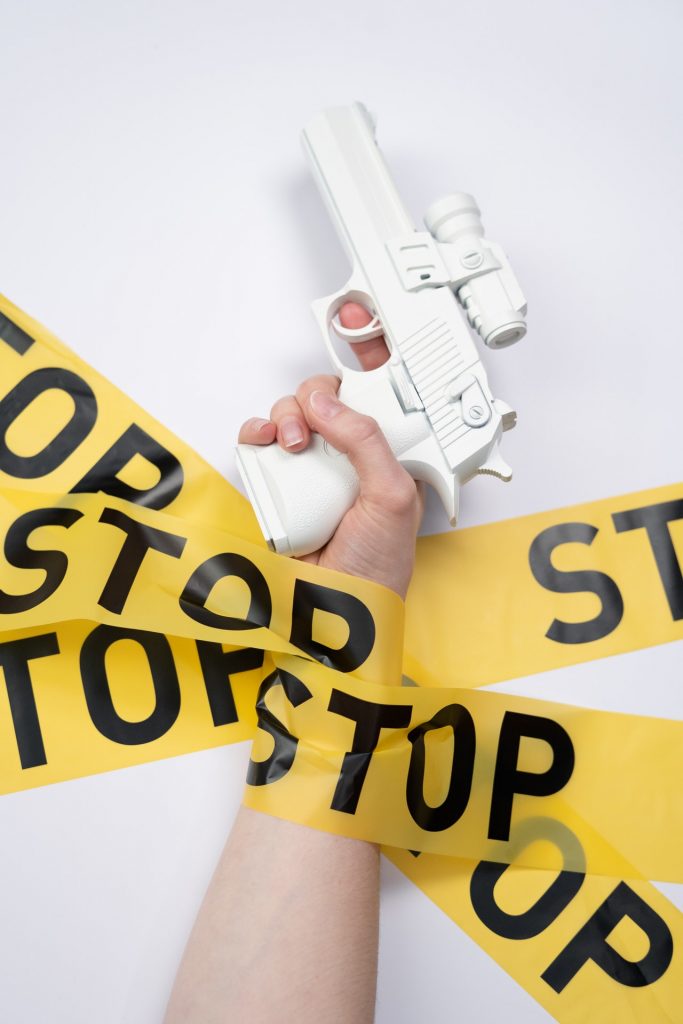
In September 2019, a group of scholars published a groundbreaking study that made a crucial revelation: offenders with prior DUI convictions are more likely to be arrested for violent crimes among handgun purchasers. California has some of the strictest gun laws in the country. A prohibition from owning and possessing a firearm is one of the penalties that you may incur post-conviction. One of the most common inquiries we get here at Criminal Defense Hero is whether a DUI conviction will result in the loss of one’s right to bear arms. However, whether or not a DUI conviction will affect your Second Amendment depends on the charges applied.
What are DUI gun prohibitions?
Generally, a misdemeanor conviction, including a DUI misdemeanor conviction, shouldn’t bar yours from owning or possessing a gun forever. Here are some instances where a DUI can lead to an offender losing their right to own a gun for a lifetime:
- A 4th DUI Offense.
As we mentioned in our “Is a DUI a Felony or a Misdemeanor?” article, a fourth DUI offense taken to court will automatically receive felony charges. As we’ve come to establish, felony DUI convictions will also fall under California’s Firearms Prohibiting Categories. This means that with a fourth DUI conviction (now a felony DUI) on your record, you will not be able to possess or own a firearm.
- A Felony DUI
Felony DUI convictions involve aggravating factors, which make the DUI offense more serious. The prosecution will likely push for felony DUI charges in your case if:
- the incident caused great bodily harm, injury, or death
- the defendant possessed three previous DUI convictions or a wet reckless conviction in the last ten years
- the defendant had one or more prior felony DUI convictions
- A DUI Offense with Other Crimes
When a DUI offense pairs with another offense like a drug crime or child endangerment, the second offense could be cause for aggravating factors. Subsequently, the prosecution may push for sentencing enhancements in the presence of aggravating factors, which would cause you to lose your gun ownership rights. For example, if the defendant has a history of drug abuse or drug-related crimes, he or she will also be liable for gun prohibitions under Section 23515 of California’s Penal Code.
How long does the prohibition last?
The length of your ban will depend on your specific conviction and other circumstances. Unfortunately, felony convictions have a lifetime ban, while misdemeanors generally have a 10-year gun prohibition length. However, if your misdemeanor conviction was weapon-related, or you have a conviction for a misdemeanor crime of domestic violence, federal laws typically impose a lifetime ban.
California bans also apply to wobbler offenses. If you recall, wobbler offenses are cases that can be convicted as either a misdemeanor or a felony. Wobbler offenses tried as misdemeanors will have a 10-year ban, while felony convictions of the same crime have a lifetime ban imposed on them.
How can I get my gun ownership privileges back?
Federal laws occasionally tend to impose on state laws. Unfortunately, federal regulations prevent California from reinstating one’s guns rights if:
- you have been convicted of a crime of domestic violence
- if your conviction involved a deadly weapon or
- if a federal court declares that he or she is mentally unfit and must be committed to a mental institution
- if you are a known narcotics drug abuser
Otherwise, you can have your gun ownership reinstated in 2 ways:
(1) Obtaining a Certificate of Rehabilitation (“COR”) for a pardon from the Governor
A Certificate of Rehabilitation is a document from the court that endorses your good behavior. This certificate doesn’t, in itself, restore your gun rights. However, once you get your COR from the court, you only need to apply for a gubernatorial pardon. Having the Governor pardon your conviction is like getting an expungement; your criminal records will no longer be made available to the public and screening agencies.
(2) Petitioning the court to reduce your wobbler felony offense to a misdemeanor
Fortunately for wobbler offenses, you can always petition the court to reduce the charges to a misdemeanor. Thus, if you were convicted of a felony wobbler offense, you can file for a petition if:
- you are currently serving probation in county jail
- you had a felony conviction and finished your probation sentencing from county jail, or
- if you were sentenced for a felony conviction in county jail.
Note that a gun possession ban is subject to state or federal laws. A California court cannot overturn a ban imposed on you by a federal court. If your conviction took place in a federal court, you would also need to file your petition for reinstatement in the federal court where the conviction took place.
Criminal Defense Hero has resolved hundreds of DUI cases over the years. DUI convictions can be life-altering, which is why it is critical to hire the best criminal defense attorneys in the state of California. You can contact us at (323) 529-3660 or come into one of our California offices for a consultation.









